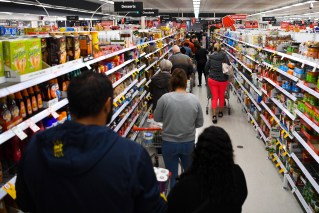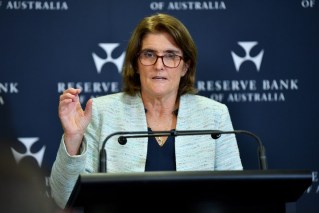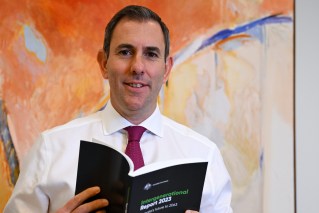Chalmers plans to drop tariffs on items not worth the paper they’re written on

Trade Minister Don Farrell indicated the logjam had contributed to the country’s acute labour shortages after Covid, proving an “impediment to development and investment”. (Image: Unsplash)
In the single biggest reform in two decades, the Albanese government will eliminate 14 per cent of Australia’s tariffs on imported goods from July 1.
This includes hand tools, fridges, clothing and menstrual and sanitary products.
The change aims to make it easier to do business and boost productivity by cutting costs and reducing red tape.
The Productivity Commission defines nuisance tariffs as tariffs that raise little revenue, have negligible benefits for producers but impose compliance burdens on businesses.
Removing the tariffs will streamline $8.5 billion worth of trade and save business more than $30 million in compliance costs each year.
The full list of tariffs to be dumped will be finalised and revealed in the federal budget.
Consultation on the proposal is under way, with submissions closing in April.
Treasurer Jim Chalmers said the changes would ease the burden on small businesses and help to cut costs.
“This is meaningful economic reform that will deliver meaningful benefits to businesses of all sizes around Australia,” he said.
“These tariff reforms will be better for businesses, better for consumers and better for the economy.”
Trade Minister Don Farrell said one in four Australian jobs were trade-related.
“Trade that is simple, fast and cost-effective can boost Australia’s international competitiveness, help create jobs and reduce cost of living pressures,” he said.
Agriculture Minister Murray Watt said scrapping the tariffs was good for farmers and consumers.
Home Affairs Minister Clare O’Neil said the changes meant less complicated compliance for Australian businesses.












